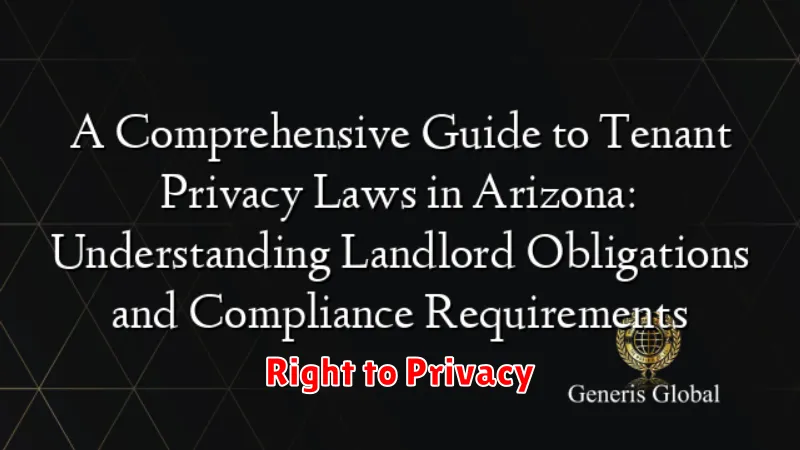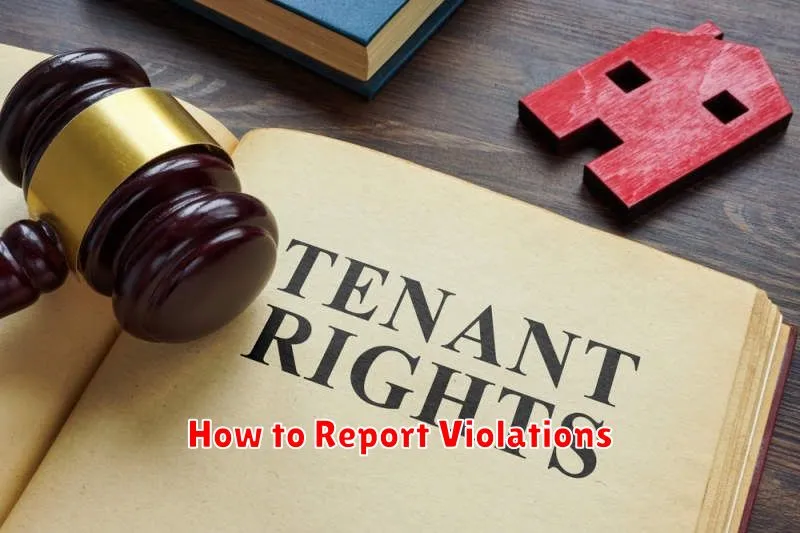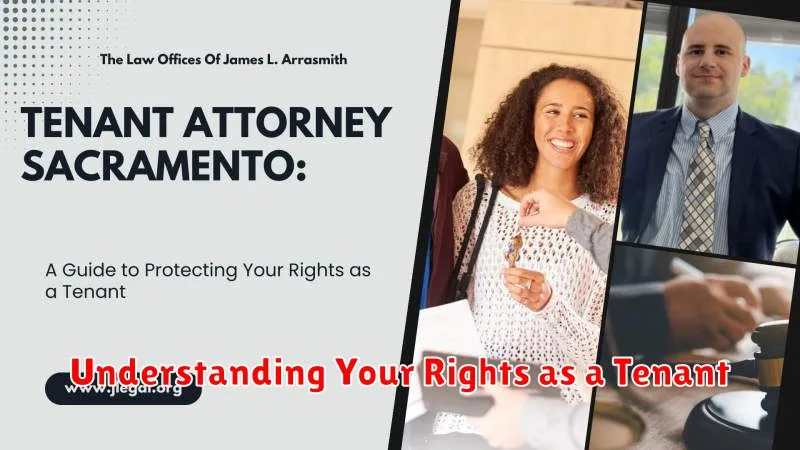Knowing your rights as a tenant is crucial for a positive and legally sound renting experience. Whether you’re a seasoned renter or just signing your first lease, understanding your legal obligations and the responsibilities of your landlord can empower you to navigate the rental landscape confidently. This comprehensive guide will explore key aspects of tenant rights, covering everything from fair housing and security deposits to eviction procedures and lease agreements. By understanding your rights, you can protect yourself from unlawful practices and ensure a safe and habitable living environment.
From understanding the intricacies of your lease agreement to knowing your rights regarding repairs and maintenance, this article provides a valuable resource for tenants. We’ll delve into important topics such as rent increases, property access by the landlord, and your right to privacy. Equipped with this knowledge, you can effectively communicate with your landlord, address potential issues proactively, and assert your rights as a tenant with confidence.
Right to a Safe Living Space
As a tenant, you have a fundamental right to a safe and habitable living space. This is often referred to as the “implied warranty of habitability“. This means your landlord is legally responsible for maintaining a living environment that meets certain basic safety and health standards.
This includes providing and maintaining:
- Working plumbing: This covers functional toilets, sinks, and showers with access to hot and cold running water.
- Heating and ventilation: A functioning heating system during colder months and adequate ventilation throughout the unit.
- Structural integrity: The building must be free of significant structural damage that could pose safety risks.
- Pest control: Landlords are generally responsible for addressing infestations of pests like rodents and insects.
- Safety features: Working smoke detectors and other necessary safety devices are crucial.
If your living space doesn’t meet these basic standards, you have the right to request repairs. It’s crucial to document these requests in writing. If your landlord fails to address these essential repairs within a reasonable timeframe, you may have legal recourse depending on your local laws.
Right to Privacy

As a tenant, you have a right to quiet enjoyment of your rented property. This means your landlord cannot enter your home without your permission except under specific circumstances.
Reasonable notice is generally required before a landlord can enter your unit. This typically involves 24 to 48 hours’ notice, although local laws may vary. Valid reasons for entry include necessary repairs, routine inspections, or showing the unit to prospective tenants or buyers.
Your landlord cannot enter your home simply because they own the property. Unlawful entry constitutes a violation of your privacy and can be grounds for legal action. Document any instances of unauthorized entry.
Handling Rent Increases
Rent increases are a common occurrence, but they must adhere to specific regulations. It’s crucial to understand your rights as a tenant regarding these increases.
Legality: Check your local laws regarding rent increase notifications and frequency. Landlords are often required to provide written notice a certain number of days in advance of a rent increase. Some jurisdictions also limit how often rent can be raised.
Justification: While landlords are generally entitled to increase rent, some jurisdictions require a valid justification for significant increases. Understanding these local regulations can help you determine if a proposed increase is legitimate.
Negotiation: If you believe the rent increase is unjustified or unaffordable, you may be able to negotiate with your landlord. Present a reasoned argument based on market rates, the condition of the property, and your payment history.
Legal Recourse: If negotiation fails and you believe the rent increase violates local regulations, consult with a tenant rights organization or an attorney. They can advise you on the appropriate legal steps to take.
Eviction Process Overview
Eviction is the legal process by which a landlord removes a tenant from a rental property. It’s a serious matter with significant consequences for both parties. Understanding the process is crucial for both landlords and tenants to protect their rights.
Typically, the eviction process begins with a notice from the landlord. This notice specifies the reason for eviction and the timeframe the tenant has to remedy the situation or vacate the premises. Common reasons for eviction include non-payment of rent, violation of lease terms, or property damage.
If the tenant fails to comply with the notice, the landlord may file a lawsuit in court. The court will then schedule a hearing where both parties can present their case. If the judge rules in favor of the landlord, a judgment of possession is issued, authorizing law enforcement to remove the tenant and their belongings from the property.
It’s important to note that self-help evictions, where the landlord attempts to remove the tenant without going through the proper legal channels, are illegal in most jurisdictions.
How to Report Violations

If you believe your landlord has violated your tenant rights, it’s crucial to document the issue and report it appropriately. Keep a detailed record of every incident, including dates, times, and descriptions of the violation. If possible, gather supporting evidence such as photos or videos.
Formal Complaint: Often, the first step is to submit a formal written complaint to your landlord. Clearly outline the violation, citing relevant clauses from your lease agreement or local housing laws. Keep a copy of this complaint for your records.
Local Housing Authorities: If your landlord fails to address the issue, contact your local housing authority or tenant’s rights organization. They can provide guidance and potentially intervene on your behalf.
Legal Counsel: In some cases, legal action may be necessary. Consult with an attorney specializing in tenant rights to discuss your options and understand the legal process.

